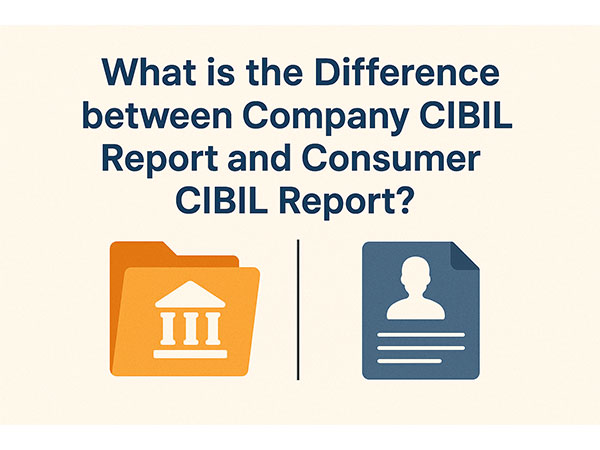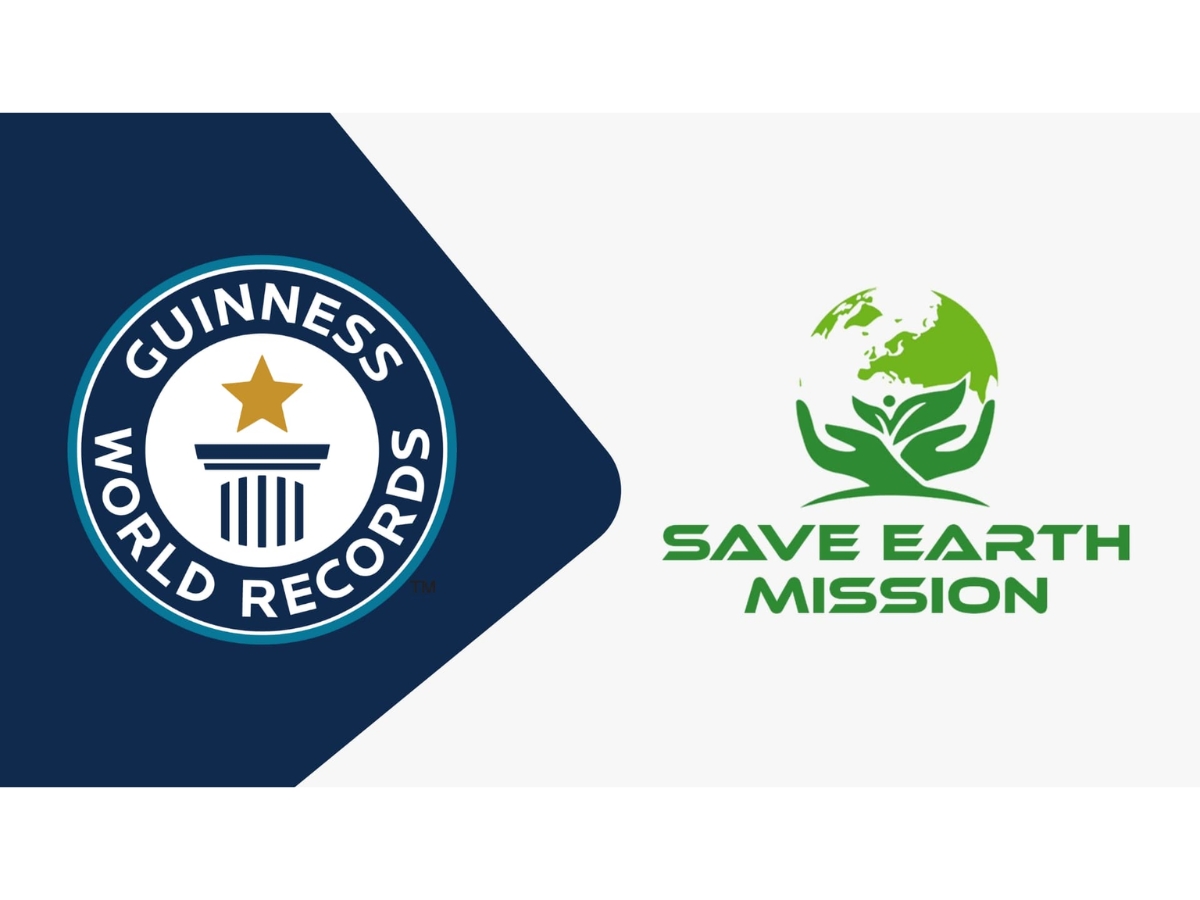What is the Difference between Company CIBIL Report and Consumer CIBIL Report?
Jun 06, 2025
VMPL
New Delhi [India], June 6: Credit information plays a crucial role in a number of financial activities in India. Whether you are an individual seeking a personal loan or a business applying for funding, lenders evaluate your creditworthiness. This assessment relies heavily on reports from credit information companies like TransUnion CIBIL.
However, the report and score used for an individual differ significantly from those used for a business. Understanding the distinction between a consumer CIBIL report and a company CIBIL report is essential for both personal and business financial health.
Consumer CIBIL Report and Your CIBIL Score
This is the type of credit report most individuals are familiar with.
* Who is it For: The consumer CIBIL report tracks the credit history of an individual person.
How Much is it: Attached to this report is your CIBIL score, a three-digit number ranging from 300 to 900. A score closer to 900 indicates higher creditworthiness.
* What Does it Show: The report details your personal credit accounts. This includes:
* Personal identification information
* Loan accounts (home loans, car loans, personal loans)
* Credit card history
* Your payment history (whether EMIs and bills were paid on time)
* Credit utilisation ratio (how much credit limit you use)
* Records of loan or credit card applications (enquiries)
* What is its Use: Lenders use this report and your CIBIL score when you, as an individual, apply for credit. This could be a credit card, personal loan, or other retail credit products. Your score reflects your personal borrowing and repayment behaviour.
Maintaining a good CIBIL score is crucial for accessing personal finance products easily and on favourable terms.
Commercial CIBIL Report and CIBIL Rank
This report focuses on business entities, not individuals.
* Who is it For: The company CIBIL report, also known as the Company Credit Report (CCR), is for non-individual entities. This includes proprietorships, partnerships, private limited companies, public limited companies, etc.
* How Much is it: Instead of the 300-900 score, businesses often receive a CIBIL Rank or a commercial credit score based on different scoring models. The CIBIL Rank typically ranges from 1 to 6 (or sometimes 1-10), where Rank 1 signifies the lowest risk and is considered the best. This is distinct from your CIBIL score.
* What Does it Show: The CCR provides information specific to the business:
* Company profile details (name, address, legal structure, registration).
* Credit facilities taken by the business (business loans, working capital limits, credit limits).
* Repayment history of the business on these facilities.
* Financial data related to the company (sometimes inferred or reported).
* Details of directors or partners (often linked).
* Any legal cases or suits filed against the company.
* What is its Use: Lenders use the company CIBIL report and rank/score when evaluating a business's application for commercial loans, credit lines, or other business finance products. It assesses the creditworthiness and financial health of the business entity itself.
A strong company CIBIL report and Rank are vital for a business to access funding for growth, operations, or expansion.
Summarising the Key Differences
Here is a summary of the main distinctions between a Consumer CIBIL Report and a Company CIBIL Report: 
Why This Distinction Matters
Understanding this difference is crucial, especially if you are a business owner. The primary assessment for business finance is the company CIBIL report. Remember that lenders may also look at your individual CIBIL score, particularly for smaller business loans or if you provide a personal guarantee. Similarly, maintaining a healthy personal credit score requires managing your individual credit cards and loans responsibly. Maintaining a healthy company CIBIL report and rank requires the business to manage its finances and business credit facilities responsibly.
Strong credit reports are important for accessing finance for both individuals and businesses. Lenders rely on these reports to make informed decisions. For individuals, monitoring your CIBIL score is straightforward. You can get a free credit report from the CIBIL website once a year. Plus, you can also check your CIBIL score and report for free on financial marketplaces like Bajaj Markets. As a bonus, you can compare credit offers and other financial products on this platform.
Conclusion
To summarise, while both reports gauge creditworthiness, they do so for different entities and use different metrics. The consumer CIBIL report focuses on you as an individual, reflected in your CIBIL score. The commercial CIBIL report provides a picture of your business's credit health and is assessed using methods like the CIBIL Rank. Recognising this difference is key to effectively managing your finances, whether for personal needs or business growth.
(ADVERTORIAL DISCLAIMER: The above press release has been provided by VMPL. ANI will not be responsible in any way for the content of the same)








